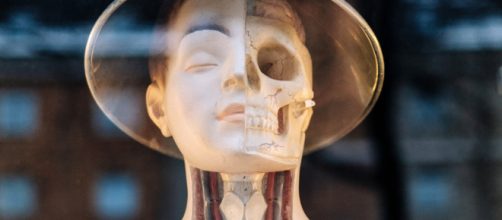We as humans are still discovering ourselves. On the one hand, we are still trying to find out how we evolved into beings that we are now, and on the other, we are attempting to find out ways to develop, expand our capabilities. Some of our visions might not work out or are still beyond our reach. Some are practically here, as was presented at the closed summit in Dubai in February 2018. This possesses some serious questions concerning, not only the manner in which humans are developing but also about how we might discover other forms of Alien Life.
Human augmentations are already knocking on our doors
The Dubai conference held ahead of the World Government Summit was a closed-door discussion organized by the ‘AI Initiative’ from the Future Society at the Harvard Kennedy School of Government and UAE’s Minister of State for Artificial Intelligence. The main goal of the event was to seek ways in which artificial intelligence can benefit the human race right now. According to the reports, the participants were almost unanimous in the view that this could be by augmenting humans.
And as yet another conference confirmed, the 9th Augmented Human International Conference held in Seul, also in February 2018, the process is well underway. A simple proof is available to anybody who can open any social platform where AI is sorting news images and discussions.
Or the use of AI algorithms to review legal contracts, or relieve medical staffs in hospitals from administrative tasks, or even more importantly in assisting in medical and surgical treatments.
Things have gone further than that. Plans are well underway to develop brain implants that will certainly take us to the next evolutionary phase. It is even becoming a possibility that some wearable AI device we have put on will be able to predict what we want based on our emotions and act upon it.
Are we going to turn into something completely different?
While there is a multiple of moral and ethical questions that would need to be answered, Michelle Thaller, astronomer and Assistant Director for Science Communication at NASA poses another one - considering all the changes that are and will be happening to our bodies, are we looking for alien life in the right manner?
Starting from a premise that our current bodies might just be another starting step in the evolution process, Thaller asks, "When you design your own body to suit any environment you want, why look like a human?” Thaller’s hypothesis is that aliens, to adapt to space travel, for example, might have nothing human in themselves, and might be, as she puts it, in the form of a sheet of foil. She suggests that we might need to approach the search for alien life in a completely different manner.


